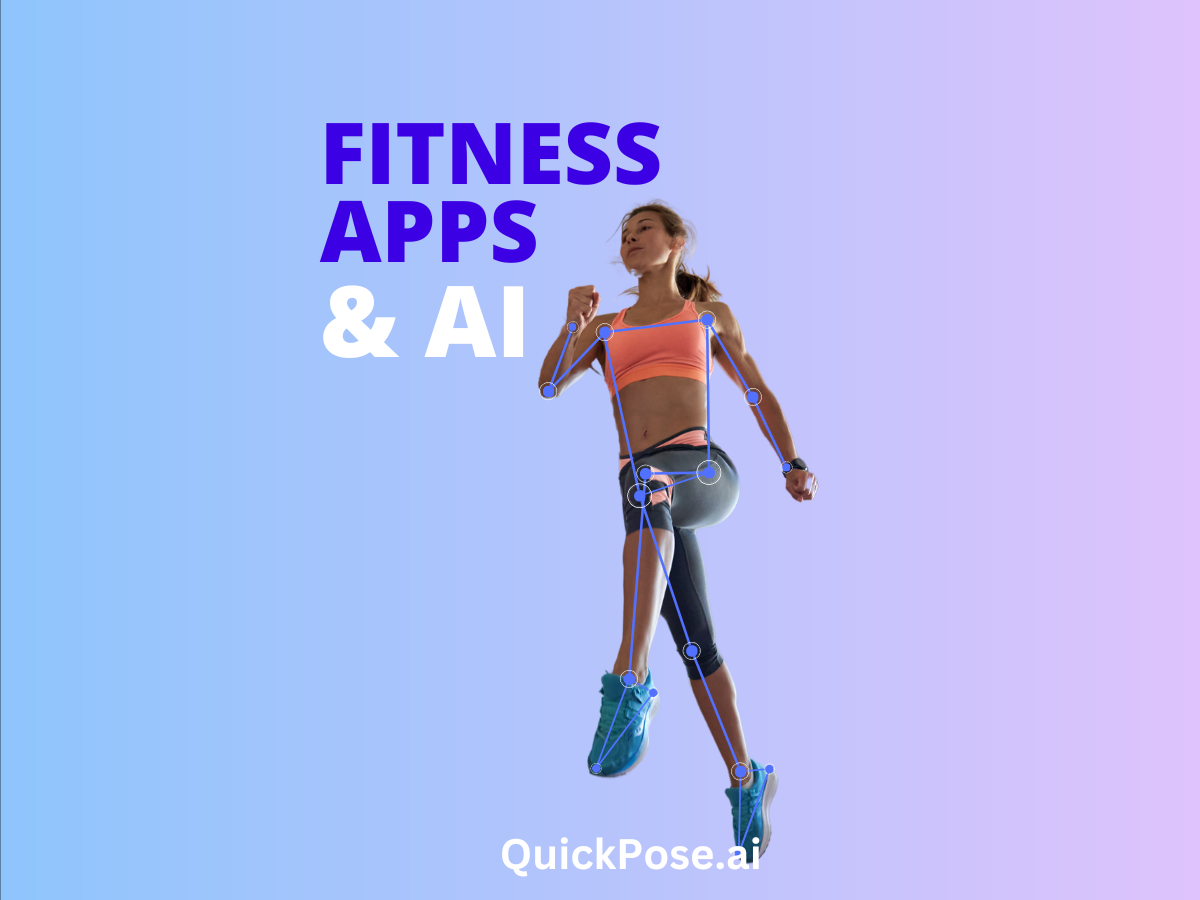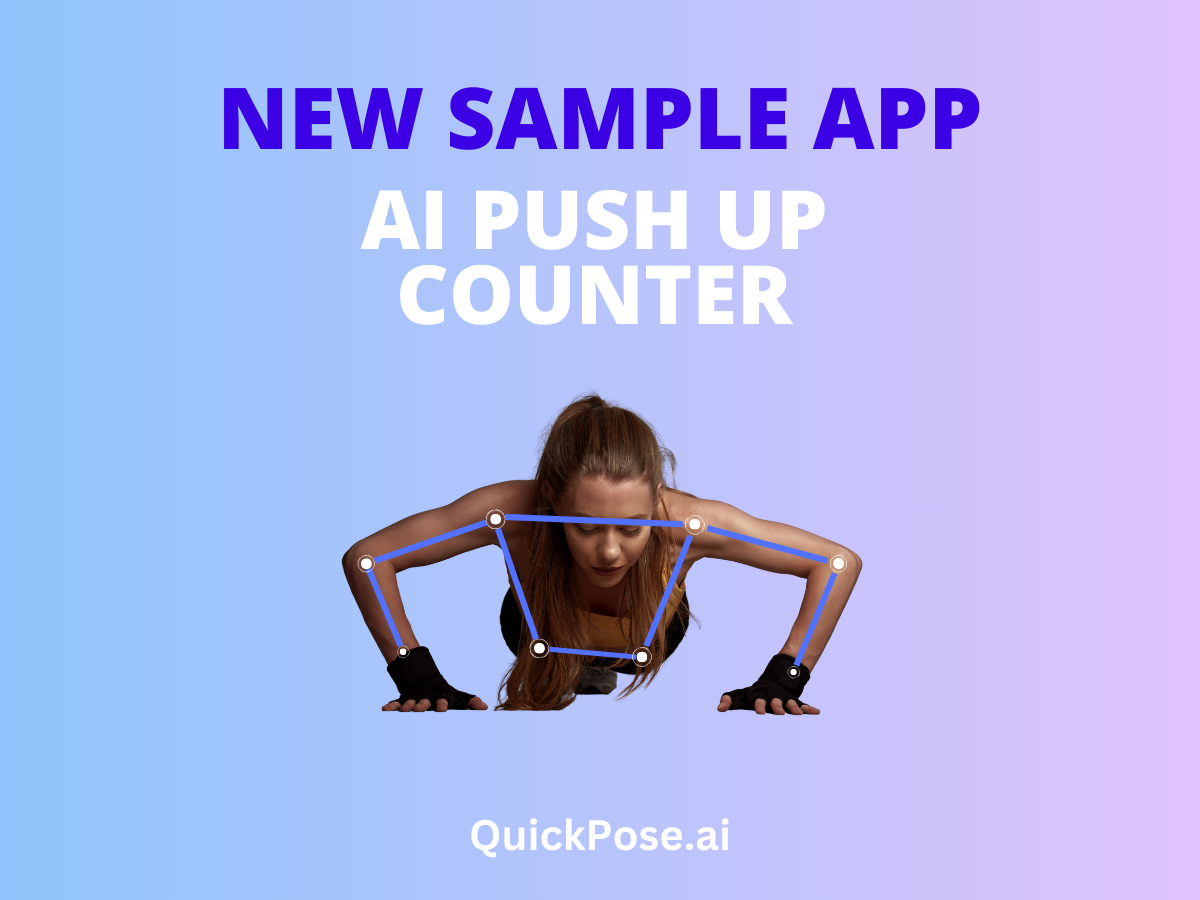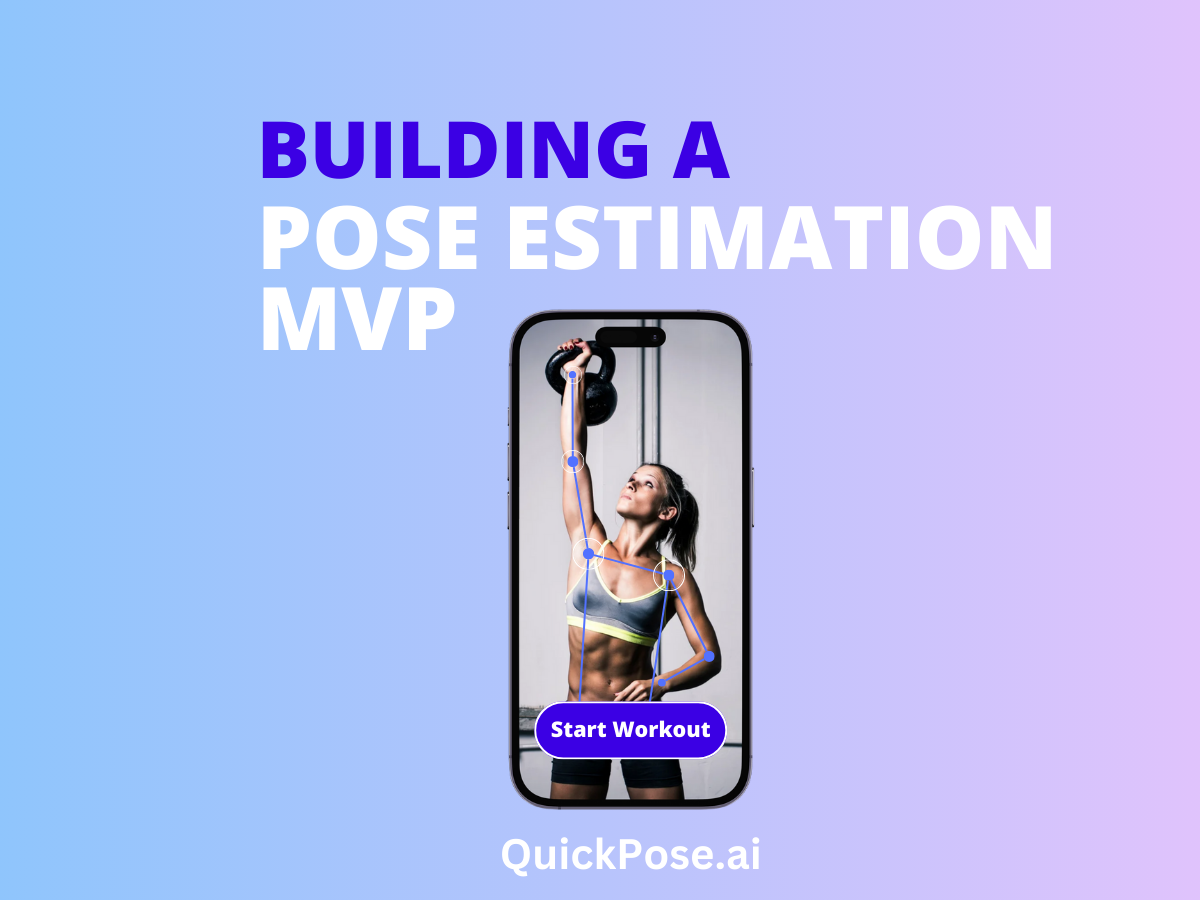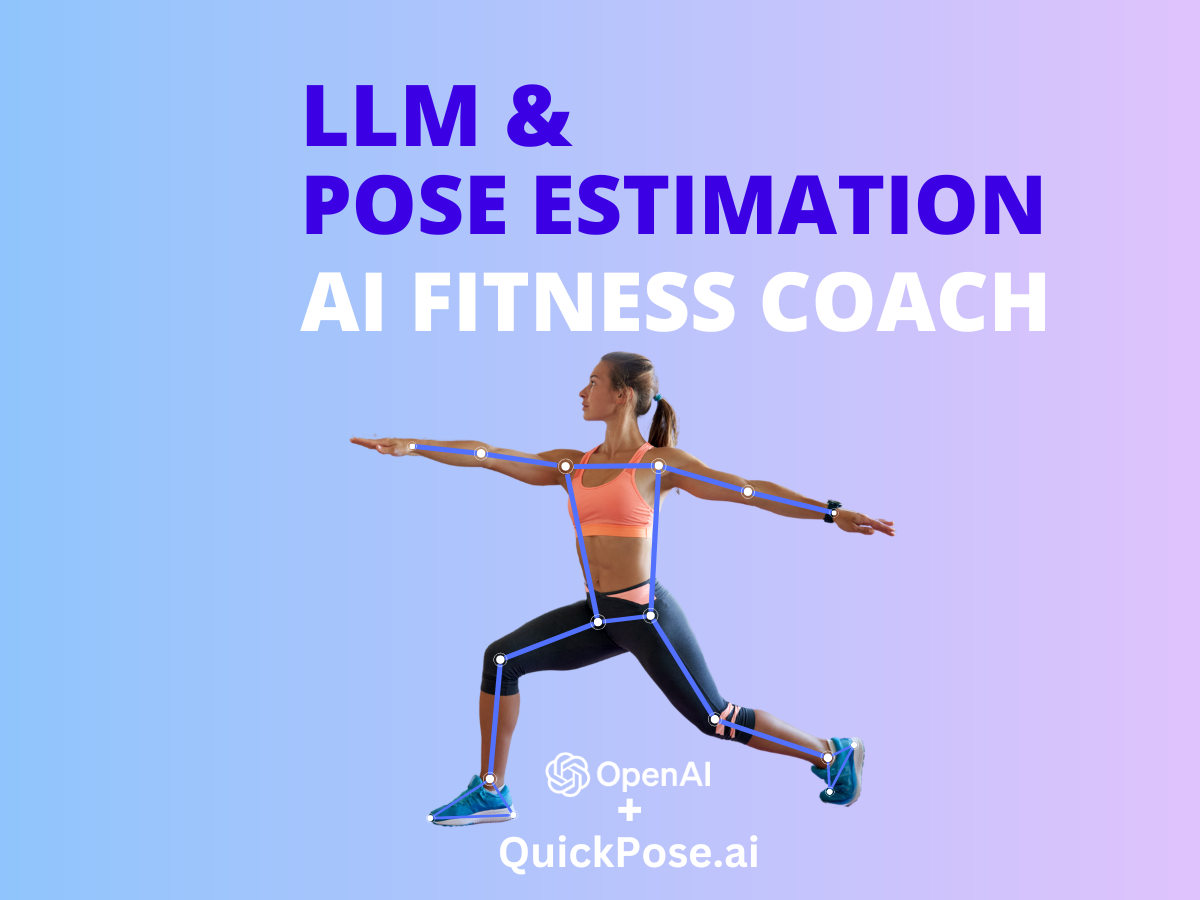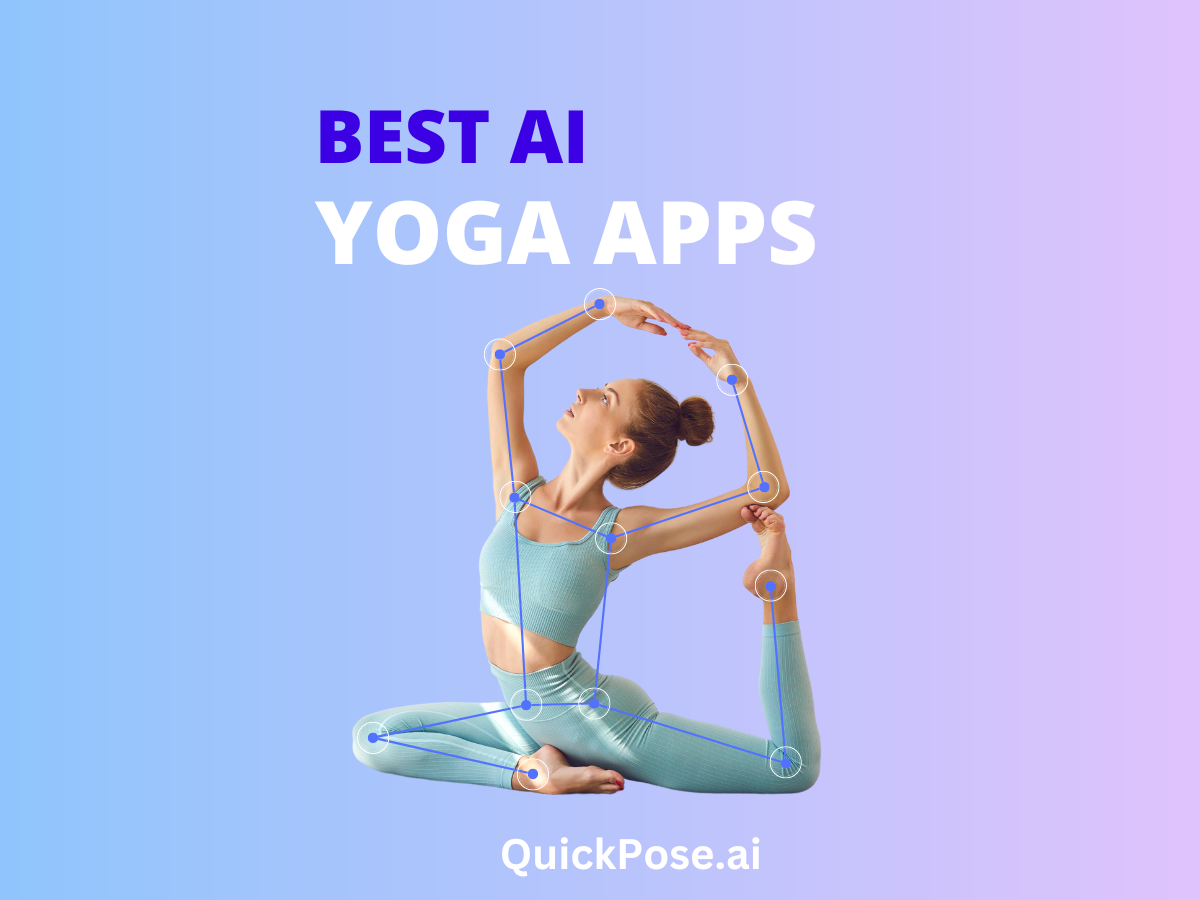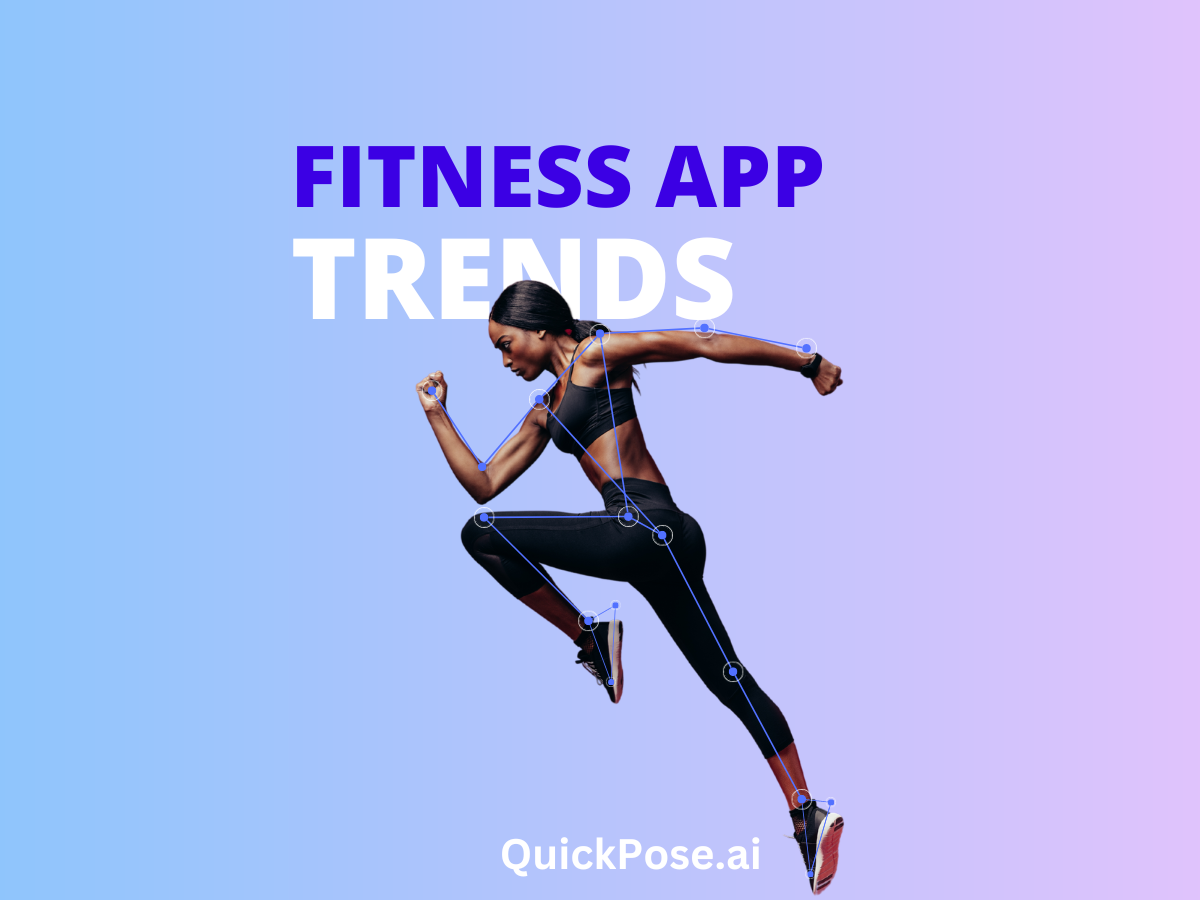Artificial intelligence (AI) is revolutionising various the fitness app sector, and pretty much every industry that needs a computer or smartphone to contribute to it. AI is no longer a futuristic concept but a present-day reality, enhancing our daily activities, including workouts and fitness routines. Fitness apps equipped with AI capabilities are transforming how individuals exercise, offering personalised experiences, adaptive workout plans, and interactive features that cater to the needs of each user.
Here’s 24 ways how AI can be integrated into fitness apps to create a dynamic, engaging, and effective fitness journey for users:
AI-Enhanced Personalised Workout Plans for User Engagement
Maximise user engagement and motivation by:
- Crafting customised workout routines: Use AI to analyse a user’s fitness level, goals, and preferences to create tailored workout plans, making exercise more relevant and effective.
- Adapting workouts in real-time: Implement AI algorithms that adjust workout intensity and exercises based on the user’s performance and feedback, ensuring an optimal challenge.
- Incorporating wearable data: Integrate data from fitness trackers and smart devices to fine-tune workout recommendations and provide insights into the user’s health and progress.
Real-Time Form Correction and Feedback for Performance Improvement
Enhance user performance and satisfaction by:
- Offering immediate form feedback: Utilise AI-driven motion tracking to analyse and correct the user’s form in real-time, reducing the risk of injury and improving workout efficiency.
- Providing adaptive feedback: AI can suggest modifications or alternative exercises when it detects struggle or incorrect form, ensuring a safe and customised exercise experience.
- Creating engaging challenges: Use AI to set personalised challenges and goals based on the user’s past performance, encouraging continuous improvement and engagement.
AI-Powered Health Insights and Progress Tracking for Retention
Keep users motivated and committed by:
- Delivering personalised health insights: Leverage AI to analyse workout data and provide users with meaningful insights into their health trends, fitness improvements, and areas needing attention.
- Offering dynamic progress reports: Implement AI to generate detailed reports and visualisations of the user’s progress, celebrating milestones and encouraging persistence towards fitness goals.
- Facilitating a supportive fitness community: Use AI to connect users with similar fitness interests or goals, creating a virtual community for sharing experiences, advice, and encouragement.
Get Access to Our TestFlight Demo
Check out QuickPose iOS SDK abilities in our TestFlight Demo app.
AI-Driven Recovery and Injury Prevention
- Personalised recovery plans: Use AI to analyse workout intensity, type, and user feedback to suggest recovery routines, such as stretching, foam rolling, or rest days, tailored to each user’s needs.
- Injury risk assessment: Implement AI algorithms to identify patterns or behaviours that may increase the risk of injury, offering preemptive advice or adjustments to the user’s workout plan.
Adaptive Ambient Music Integration
- Dynamic workout music: AI can adjust the tempo and style of music in real time based on the user’s workout intensity and preferences, enhancing the exercise experience and boosting performance.
- Mood-based music selection: Utilise AI to select music that matches the user’s mood or desired energy level, using input from wearable devices or user feedback.
Virtual Reality (VR) and Augmented Reality (AR) Workouts
- Immersive VR fitness experiences: Combine AI with VR to create immersive workout environments, such as virtual cycling routes or interactive fitness classes, making workouts more engaging and enjoyable.
- AR for form correction and engagement: Use AR overlays to provide real-time form correction, display workout stats, or create interactive challenges during exercises, enhancing user interaction and accuracy.
Social Motivation and Accountability Features
- AI-powered workout buddies: Use AI to match users with virtual workout partners or groups based on their fitness levels, goals, and interests, fostering a sense of community and accountability.
- Competitive challenges and leaderboards: Implement AI to create personalised challenges and maintain leaderboards among friends or the fitness app community, encouraging a healthy competitive spirit.
Holistic Health Integration
- Comprehensive health insights: Extend AI capabilities to provide insights not just on physical fitness but also on mental well-being, sleep quality, and nutrition, offering a holistic approach to health.
- Stress and mood management: Utilise AI to suggest specific workouts, meditation sessions, or breathing exercises based on the user’s stress levels and emotional state, detected through wearable devices or self-reports.
Advanced Natural Language Processing (NLP)
- Voice-activated controls: Integrate NLP to allow users to control the app, select workouts, or receive guidance through voice commands, making the app more accessible and convenient.
- AI fitness assistants: Develop AI chatbots or assistants that can provide personalised advice, answer fitness-related questions, and offer motivation through natural language interaction.
Incorporating these advanced AI features can significantly enrich the user experience by offering more personalised, engaging, and holistic fitness journeys. As AI technology evolves, the possibilities for its application in fitness apps will continue to expand, paving the way for more innovative and user-centric fitness solutions.
Beyond these applications, AI offers endless possibilities for innovation in fitness apps:
- Virtual personal trainers: Develop AI-powered virtual coaches that provide real-time guidance, motivation, and personalised workout adjustments, offering a cost-effective alternative to human trainers.
- Nutritional guidance and meal planning: Integrate AI to analyse dietary preferences and goals, suggesting meal plans and nutritional advice tailored to complement the user’s fitness regime.
- Mental wellness and recovery: Use AI to recommend mindfulness and recovery activities based on the user’s workout intensity and stress levels, promoting holistic health.
Need help building an AI project?
At QuickPose, our mission is to build smart Pose Estimation Solutions that elevate your product. Schedule a free consultation with us to discuss your project.
